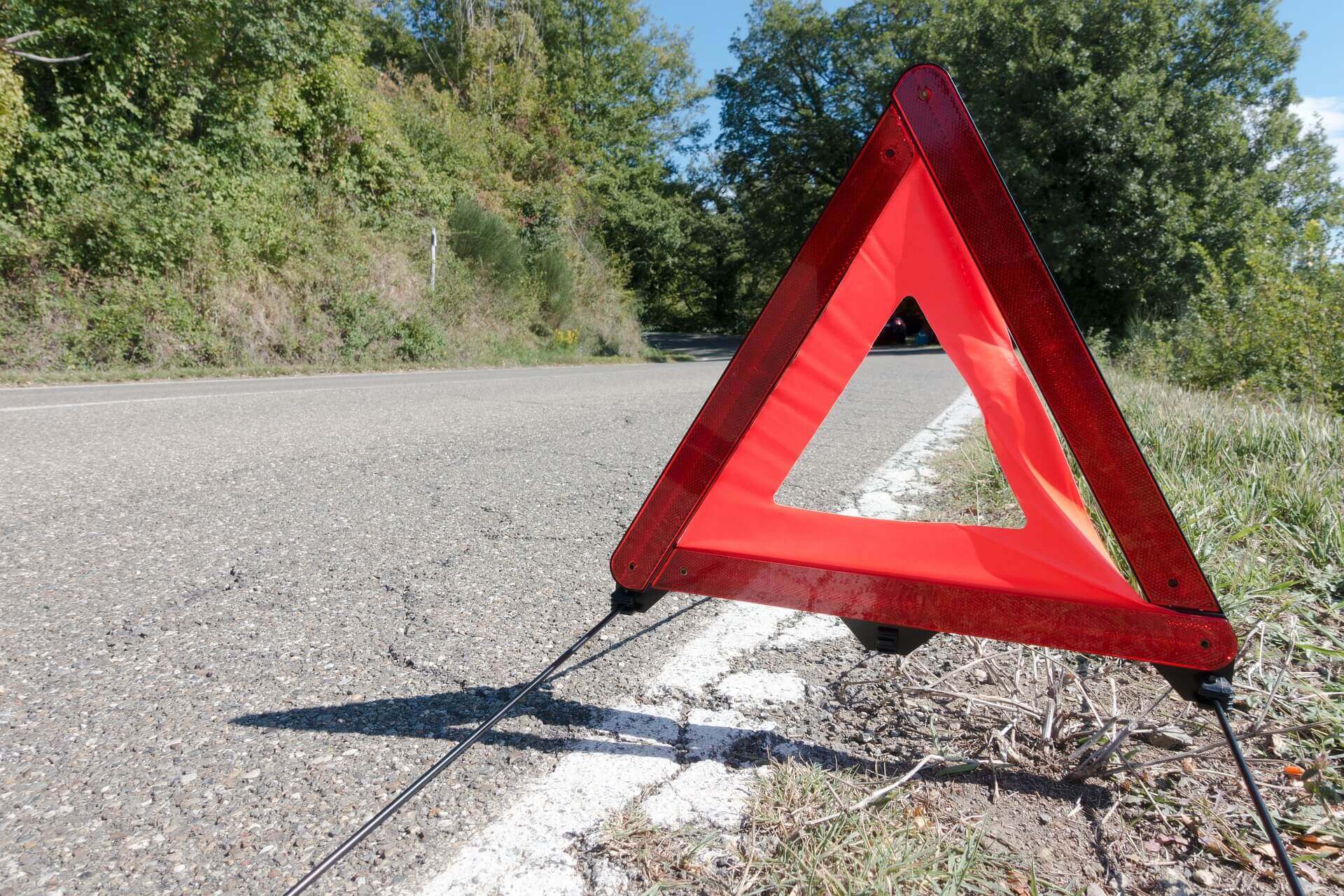
Car breakdowns can be frustrating, time-consuming and costly. A breakdown can swiftly thwart your plans, whether you're traveling to work or leaving on a road vacation. Fortunately, many car breakdowns are preventable with regular maintenance and basic upkeep. In this article, we'll explore the most common causes of car breakdowns and offer advice for avoiding them.
Lack of Maintenance
One of the most common reasons for car breakdowns is a lack of regular maintenance. Routine maintenance chores like oil changes, tire rotations and brake inspections are frequently postponed, which might result in more serious problems in the future. By neglecting maintenance, you increase the risk of breakdowns and decrease the overall lifespan of your vehicle. To avoid breakdowns due to lack of maintenance, follow your car's recommended maintenance schedule and address any problems as soon as they appear.
Battery Problems
Another common reason for car breakdowns is battery failure. Batteries typically last between 3-5 years, however usage, environment, and other factors can affect this. Slow engine cranking, dim headlights and a clicking noise when you turn the key are all indications of a failing battery. To prevent battery failure, be sure to have your battery tested regularly and replace it when necessary. You can also extend the life of your battery by turning off electronics when the engine is off, avoiding short trips, and keeping the battery terminals clean.
Alternator Problems
Your car's alternator is in charge of recharging the battery and supplying electricity to the electrical system. Your battery could quickly drain if the alternator breaks out, leaving you stranded. A battery warning light on your dashboard, dim headlights, and an engine whining or grinding noise are all indications that your alternator is malfunctioning. To prevent alternator failure, be sure to have your alternator tested regularly and replace it if necessary. You can also extend the life of your alternator by avoiding electrical overloads and keeping the electrical system clean and free of debris.
Tire Problems
Tires are a crucial component of your car's safety and performance. However, they're also one of the most common reasons for car breakdowns. Tire damage can be caused by sidewall bulges, punctures and worn treads. Check your tire pressure frequently, rotate your tires every 6,000–8,000 miles, and replace your tires when the treads start to wear out to avoid tire damage. In addition, drive carefully, steer clear of obstacles like debris and potholes, and don't put too much weight on your vehicle.
Fuel System Failures
The fuel system is responsible for delivering fuel to the engine, which powers the vehicle. Causes of tire damage include punctures, sidewall bulges and worn treads. Use high-quality fuel, have your fuel system inspected frequently and change the fuel filter as directed by your car's maintenance schedule to avoid fuel system failures. Additionally, avoid running your car on empty and keep your gas cap tight to prevent fuel evaporation.
Conclusion
Car breakdowns can be caused by a variety of factors, but many of them are preventable with regular maintenance and upkeep. By following your car's recommended maintenance schedule, keeping an eye out for warning signs and taking care of issues as soon as they arise, you can reduce the risk of a breakdown and increase the lifespan of your vehicle.
Positively, the use of spark plasma sintering device in the production of automotive parts has led to significant improvements in car performance and efficiency. Spark plasma sintering technology has assisted automakers in designing engines, transmissions and other crucial parts that can resist the demands of regular use and offer a smoother driving experience by producing stronger and more precise components.
